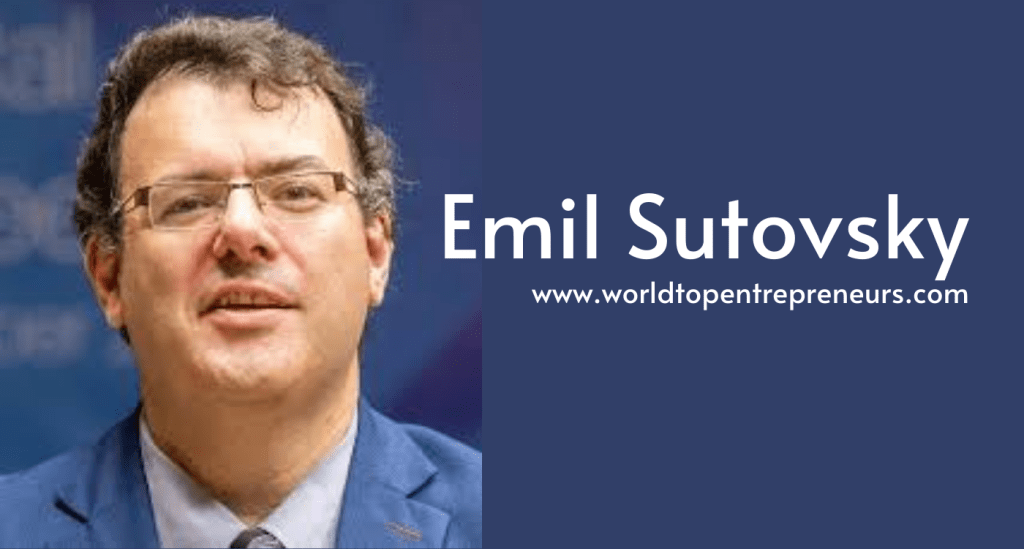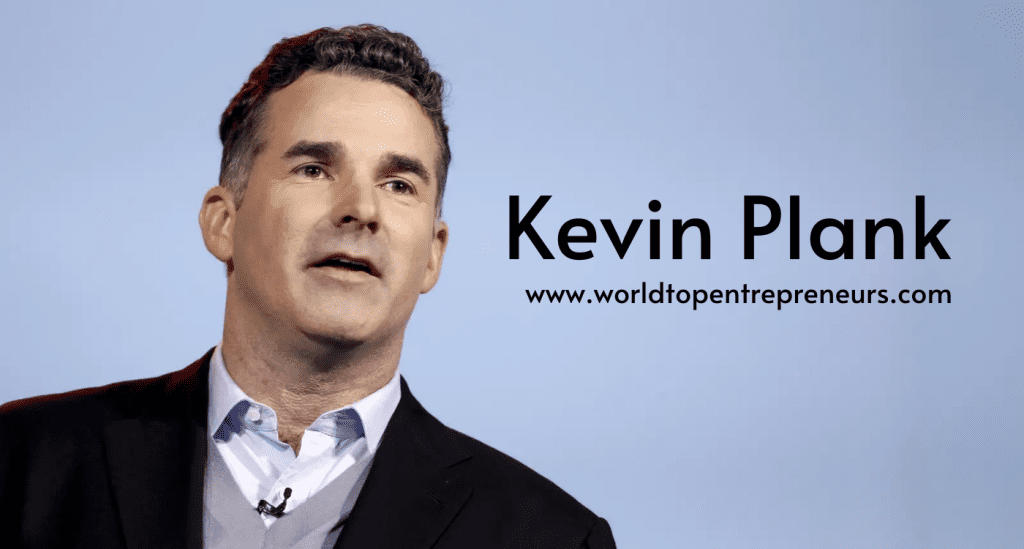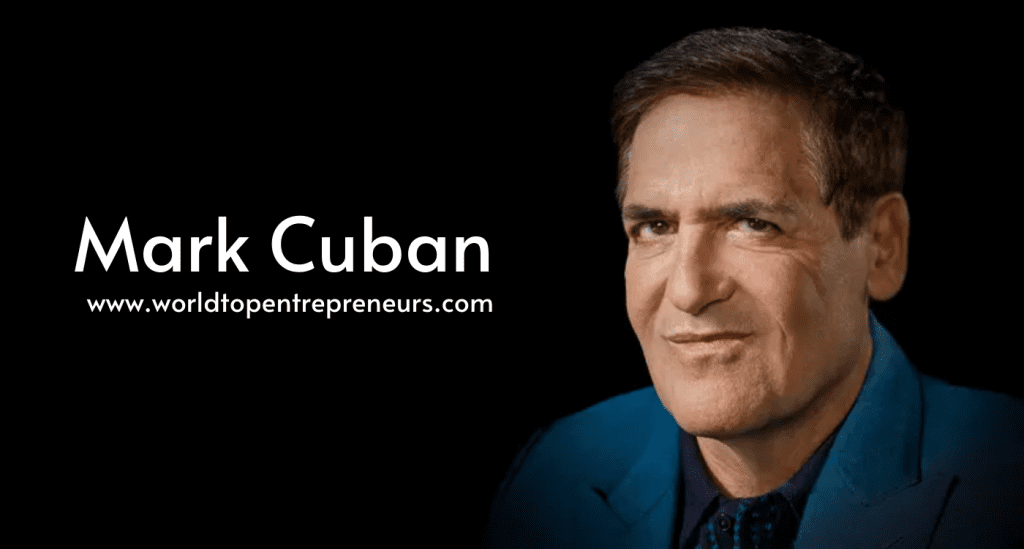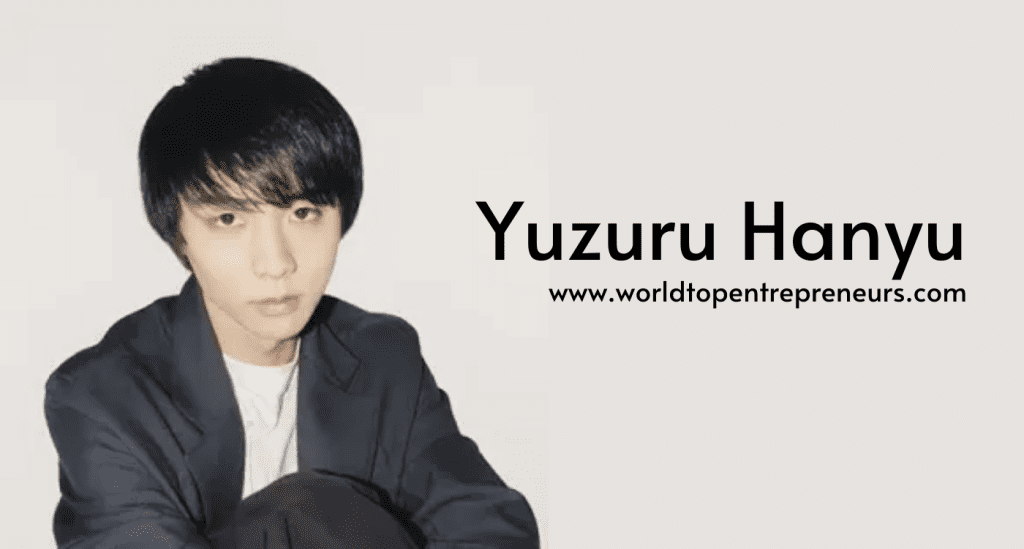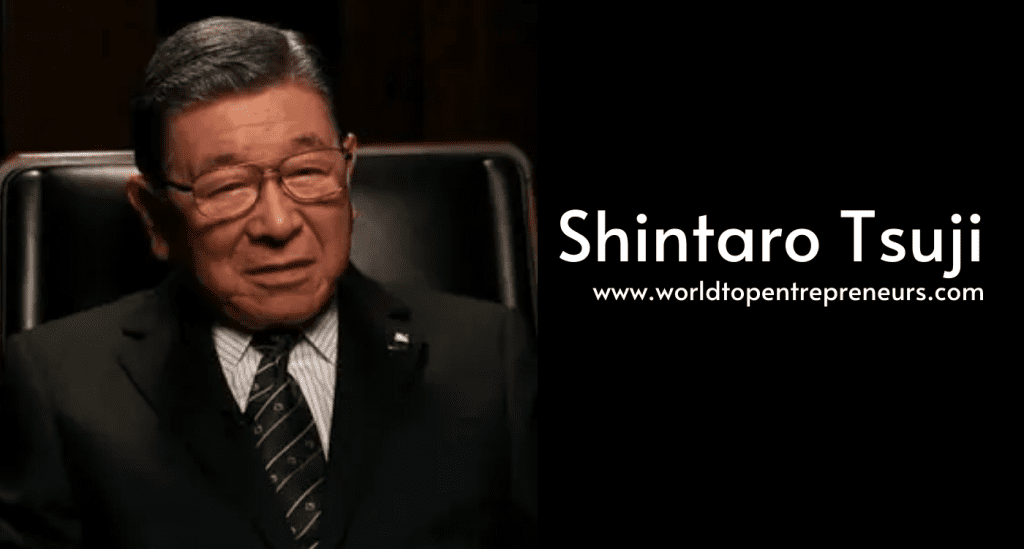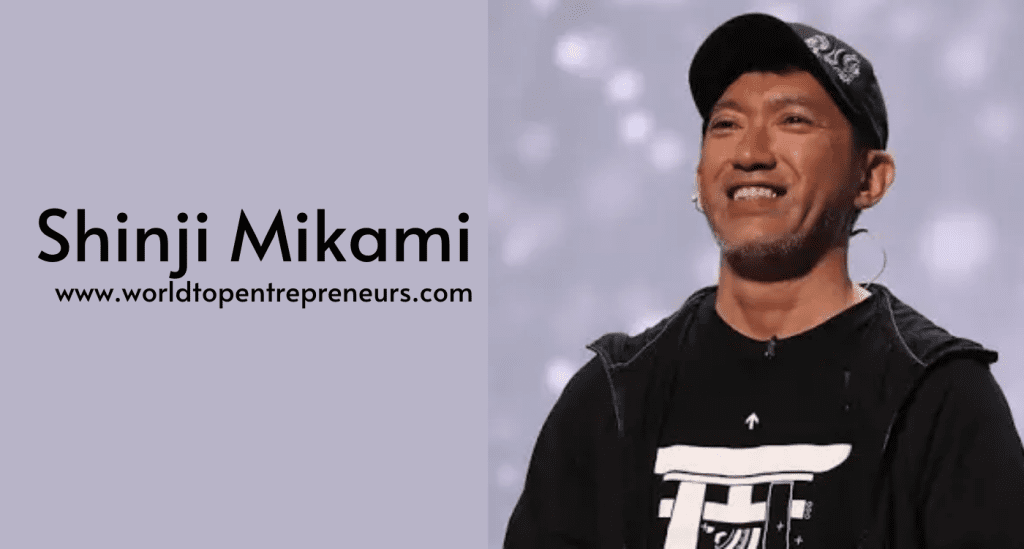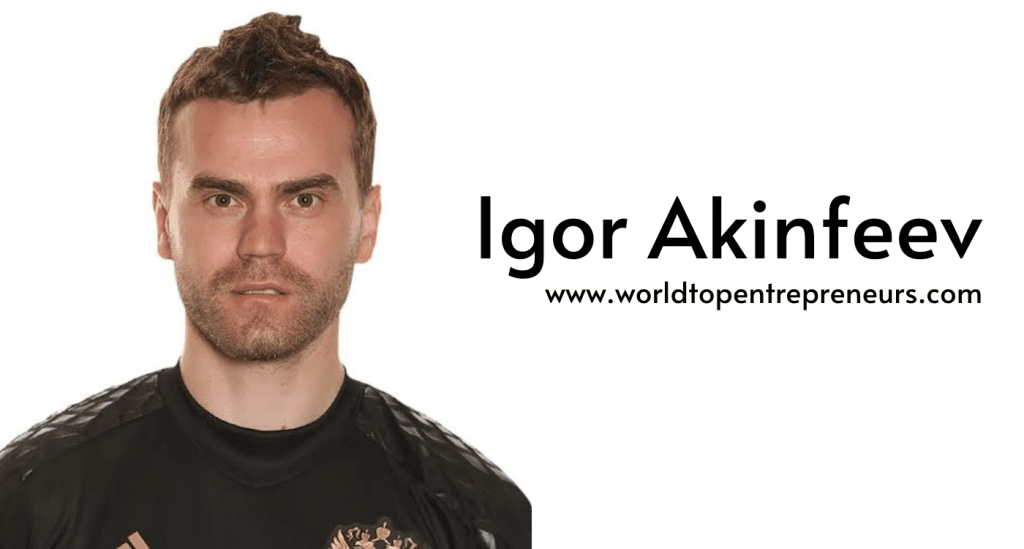Emil Sutovsky is a well-known figure in the world of chess and business, combining his passion for the game with a strategic approach to management and leadership. As the CEO of FIDE, the international governing body for chess, Sutovsky has played a pivotal role in shaping the future of chess globally, overseeing everything from tournament organization to governance. His entrepreneurial journey is marked by his transition from a highly successful chess player to an influential business leader, advocating for the sport’s growth and development.
This blog delves into Emil Sutovsky’s educational background, entrepreneurial journey, key struggles, successes, and his leadership at FIDE, highlighting how he has successfully merged his love for chess with a forward-thinking business mindset.
Early Life and Educational Background
Emil Sutovsky was born in Azerbaijan on November 19, 1977, into a family with a strong intellectual background. From a young age, Sutovsky demonstrated exceptional cognitive abilities, which naturally led him to the world of chess. Chess, a game of strategy, foresight, and patience, became a natural fit for him.
Sutovsky’s journey into chess began in his childhood, and by his early teenage years, he was already making waves in regional chess tournaments. His exceptional talent earned him recognition as a prodigy, and he quickly rose through the ranks, becoming one of the top chess players in his home country and internationally.
As far as education is concerned, Sutovsky pursued a degree in mathematics, which further honed his strategic thinking and problem-solving skills, both of which are crucial in chess. His academic background, particularly in mathematical and logical disciplines, was a perfect complement to his chess skills, enabling him to approach the game and later his business ventures with a high level of analytical thinking.
Chess Career: From Player to Executive
Sutovsky’s chess career took off in the 1990s when he earned the title of International Master and, later, Grandmaster—the highest title one can achieve in chess. His rise in the chess world was impressive, with victories in numerous international tournaments. His aggressive yet calculated playing style, combined with his vast understanding of the game, led him to a prominent position in the chess community.
However, while Sutovsky was achieving success on the chessboard, his interests began to evolve beyond just playing the game. Like many top-level chess players, Sutovsky saw the potential to contribute to chess’s growth in other ways, particularly in its management and development. His experiences as a player, combined with his business education, gave him the skills to pivot from being a competitor to a leader in the chess world.
Transition to Business and Leadership at FIDE
In the early 2000s, after years of playing at the highest level, Sutovsky began to shift his focus to the administrative side of chess. His deep knowledge of the game, combined with his entrepreneurial spirit, led him to take on various leadership roles within chess organizations.
In 2018, Sutovsky was appointed as the Chief Executive Officer (CEO) of FIDE, the International Chess Federation. This was a turning point not only in Sutovsky’s career but also for the sport itself. FIDE, as the governing body of international chess, is responsible for regulating the game, overseeing competitions, and supporting the global chess community. Under Sutovsky’s leadership, FIDE’s focus shifted toward modernizing the game, enhancing the visibility of chess, and improving its global appeal.
FIDE’s Strategic Vision Under Emil Sutovsky
As CEO of FIDE, Sutovsky has overseen a range of initiatives aimed at revitalizing the chess world. His entrepreneurial mindset has been instrumental in driving several reforms and initiatives that have made a significant impact on both the chess community and its business aspects.
- Promotion of Online Chess: One of the most significant shifts during Sutovsky’s tenure has been the promotion of online chess platforms. With the rise of digital entertainment and the COVID-19 pandemic, online chess tournaments and platforms exploded in popularity. Sutovsky recognized this as a major opportunity to increase global participation and fan engagement in chess. Under his leadership, FIDE has expanded its collaboration with online platforms like Chess.com and Lichess, providing a virtual space for players from all corners of the world to compete, learn, and enjoy the game.
- Enhanced Global Tournaments: Sutovsky’s strategy also included enhancing the structure and visibility of traditional over-the-board chess tournaments. This includes making events like the Chess World Cup and the Chess Olympiad more accessible to a global audience. He has worked to improve broadcasting quality, media partnerships, and sponsorships to make these events more engaging and professionally produced.
- Diversity and Inclusion: Another key initiative of Sutovsky’s tenure has been promoting gender equality and diversity within the sport. FIDE under Sutovsky has made efforts to support female chess players, launching more female-centric tournaments and initiatives to elevate their presence in the global chess community. This focus on inclusivity also extends to youth chess programs aimed at promoting the game in schools and diverse communities.
- Corporate Partnerships and Sponsorships: Sutovsky has also been instrumental in forging strategic corporate partnerships to support the business side of chess. His efforts have brought in more sponsorships from large corporations, tech companies, and media organizations, thus ensuring the financial sustainability of FIDE and its events. These partnerships have also contributed to the increased professionalization of chess as an esport.
- Chess Education and Grassroots Initiatives: Beyond professional chess, Sutovsky has championed grassroots initiatives aimed at making chess more accessible to young people. His team has worked to increase chess’s presence in schools, making it a valuable tool for cognitive development and critical thinking. This emphasis on education and community outreach ensures that chess remains a relevant and growing sport globally.
Struggles and Challenges
Despite the numerous successes, Sutovsky’s journey has not been without its challenges. Leading an organization like FIDE involves navigating a complex landscape of differing international interests, dealing with the financial intricacies of the sport, and balancing the traditional aspects of chess with the evolving nature of the game.
- Politics within FIDE and Global Chess: Like many large organizations, FIDE has faced its fair share of internal political struggles. FIDE’s leadership has historically been subject to factionalism and disagreements among key stakeholders. Sutovsky, as CEO, had to work diligently to mediate between competing factions and ensure that the organization remained focused on its mission. His diplomatic and leadership skills have been crucial in overcoming these political hurdles.
- Navigating the Modernization of Chess: While digital transformation has benefited the sport, it has also presented a dilemma for traditionalists. Sutovsky had to manage the tension between the old guard of chess, who value its rich history and culture, and the newer generation of players and fans who embrace innovation and digital formats. Striking a balance between preserving the traditions of chess and embracing modernization has been one of the more difficult aspects of his role.
- Commercialization of Chess: As FIDE sought to professionalize the game further, Sutovsky also faced resistance from some players and purists who were uncomfortable with the increasing commercialization of chess. The challenge has been to ensure that sponsorships and corporate partnerships do not overshadow the game’s integrity, while still ensuring the financial viability of the sport.
Key Successes and Achievements
Under Emil Sutovsky’s leadership, FIDE has seen numerous successes that have helped elevate chess into a new era:
Increased Global Popularity: Chess, especially during the pandemic, experienced a surge in interest. Online platforms have exploded in popularity, with millions of new players joining the game. Sutovsky’s leadership has helped position chess as one of the fastest-growing intellectual sports globally.
Successful Implementation of Hybrid Events: FIDE successfully introduced hybrid formats of tournaments, blending online and over-the-board competitions. This innovation allowed players from all over the world to participate, regardless of geographical barriers.
Strengthening Sponsorships: Sutovsky has attracted key sponsors and partners from various industries, ensuring that chess tournaments are more professionally organized and receive the attention they deserve.
Women’s Chess Initiatives: FIDE has taken significant steps to support women’s chess, promoting female participation and offering more equal opportunities within the sport.
Future Vision and Legacy
Emil Sutovsky’s impact on the chess world will likely be felt for many years to come. His combination of chess expertise and entrepreneurial leadership has set the foundation for an exciting future for FIDE. The game continues to grow globally, and Sutovsky’s vision for chess as both a competitive sport and a platform for intellectual engagement remains at the forefront of his leadership.
As he continues to lead FIDE into the future, Sutovsky will undoubtedly focus on expanding chess’s global reach, maintaining the integrity of the game, and ensuring that it adapts to the changing landscape of entertainment and digital media. His legacy is one of blending tradition with innovation and setting chess on a path toward a sustainable and vibrant future.
Conclusion
Emil Sutovsky’s entrepreneurial journey is a story of transformation—moving from a celebrated chess player to the CEO of FIDE, and using his business acumen to elevate the game of chess on the global stage. Through strategic leadership, innovative thinking, and a deep passion for chess, Sutovsky has successfully navigated the complexities of modernizing the sport while staying true to its roots. His efforts have strengthened FIDE’s global position and helped bring chess into the digital age, ensuring that the game will continue to inspire and challenge minds worldwide for generations to come.

